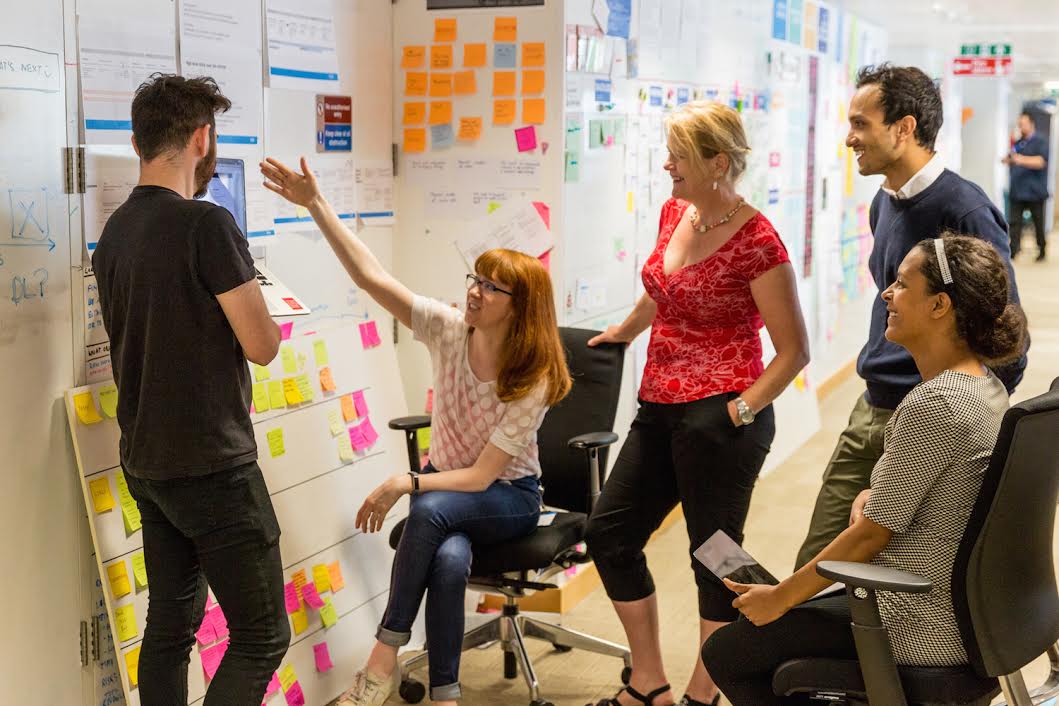Institutions can register for online system
The government has launched a new digital tool to help primary school children learn times tables.
The multiplication tables check service is designed to assist children learn “off by hear” the times tables for 2 to 12, according to the Department for Education. The online tool poses a series of 25 random multiplication questions and gives pupils six seconds to answer each.
As of this week, primary schools are invited to sign up to test the online system, ahead of a formal “national pilot” of the technology that is due to take place between 10 and 28 June.
Once institutions have gained access to the platform, individual pupils can then be registered to use it. The government encourages schools and students to “familiarise themselves” with a system that will, from June 2020, become a mandatory part of teaching for all year 4 students.
The learning tool has “been carefully produced in partnership with schools and has been developed to minimise any unnecessary burdens on school staff and pupils”, the DfE said.
Related content
- Why 2018’s school leavers will keep learning, unlearning and relearning for years to come
- Results-day app to allow teachers to compare annual variations in GCSE and A-level results
- DfE minister urges schools to ban smartphones
“It features ground-breaking accessibility arrangements that have been developed for pupils with special educational needs and disabilities,” the department added.
Although all eight- and nine-year-olds will, from next year, be tested via the platform the government said that “there will be no pass mark and no expected standard threshold”. The results of the test will “not be published at school level”, nor will be used as evidence by Ofsted.
Following completion of the pilot this summer, the government will invite feedback that “will be used to shape the final version of the check”.
School standards minister Nick Gibb said: “Maths touches so many aspects of everyday life, so it’s hugely important that young people are equipped with the ability to perform simple calculations in their heads. Not only will this help them cope with the challenges of maths at secondary school, it will also stand them in good stead for the rest of their lives. That’s why we are bringing in this new check – to make sure all pupils leave primary school knowing their times tables by heart.
He added: “By familiarising themselves with the check, teachers will have the opportunity to be a part of the development process to make sure the check is both effective and user-friendly.”



